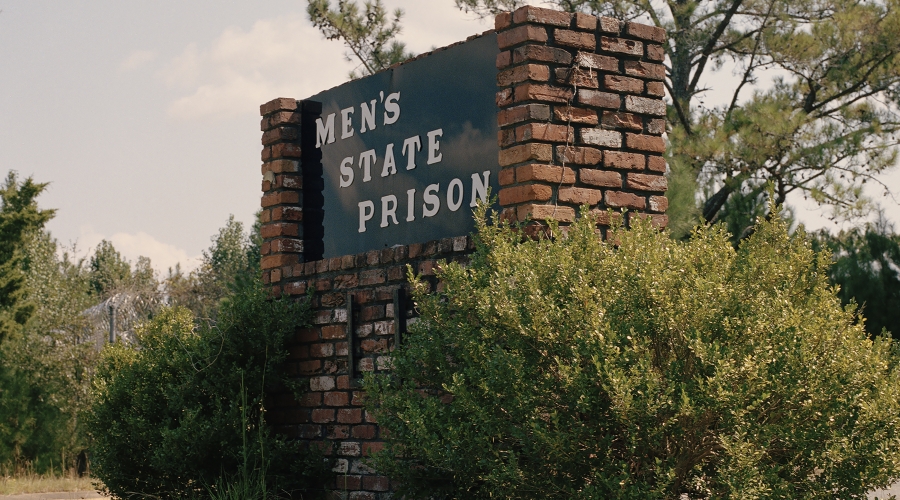Every year we host an invitational exhibition at a gallery in Atlanta or New York, featuring the work of MFA students and curated by a professional in the field. This years' exhibition planned for Brooklyn's Deli Gallery was cancelled due to Covid19. The show, now moved to the Dodd Galleries, features work by MFA students Mac...
Every year we host an invitational exhibition at a gallery in Atlanta or New York, featuring the work of MFA students and curated by a professional in the field. This years’ exhibition planned for Brooklyn’s Deli Gallery was cancelled due to Covid19. The show, now moved to the Dodd Galleries, features work by MFA students Mac Balentine, Rosie Brock, Luka Carter, Clyde Conwell, Annie Simpson, and Robby Toles. The exhibition is curated by Ali Rosa-Salas.
Curator’s statement:
In structural engineering terms, a column provides a supportive function by distributing weight through compression. Though columns have been integrated in architecture on a global scale since before the Middle Ages, the classical order of columns founded by Greek and Roman architects is a primary motif instructed in art history courses.
The City of Athens, Georgia was named by former governor Jon Milledge after Athens, Greece, in reverence of the city that, as the Athens-Clarke County website puts it, was ”the center of culture and learning during ancient times.” Yet, this centering of Athens is not only historically inaccurate in how it erases the intercultural exchanges that shaped the ancient past; it also affirms a purist narrative of Western civilization. The cultural ubiquity of the classical order must be understood as a supportive function of white supremacy.
Similarly, the structural integrity of a column should not go unquestioned: it can and will crumble.
The Dodd MFA candidates featured in Bend the column show how relationships to form, technique and canon can destabilize seemingly immutable cultural, social, and political structures.
Mac Ballentine’s video animations render a column into a water feature, transforming a structure regarded for its stability into a fluid object.
Annie Simpson redacts the text of commemorative Georgia roadside markers in order to emphasize how these monuments obfuscate white supremacy in the U.S. American South.
Rosie Brock engages with the tradition of U.S. American road photography to capture quotidian dimensions of Southern identity as they interface with her subjectivity as a white cis woman.
Luka Carter’s sculptures negotiate the tension between precarity and permanence, utilizing the malleability of clay to capture the material right before its collapse.
Robby Toles considers the role of technology in the construction of self, and how domestic virtual assistants like the Amazon Alexa conflate surveillance and intimacy.
Clyde Conwell rejects technical expectations of controlled color and clean edges and in favor of erotic assemblages that reflect a queering of subjecthood and objecthood.
Curator bio:
As Director of Programming at Abrons Arts Center/Henry Street Settlement, Ali Rosa-Salas develops the Center’s live programming, exhibitions, and residencies. As an independent curator, she has produced exhibitions, performances, and public programs with AFROPUNK, Brooklyn Arts Exchange, Danspace Project, DISCWOMAN, Knockdown Center, MoCADA, Weeksville Heritage Center, and more. She has also organized discursive events as an Alumnae Fellow at the Barnard Center for Research on Women and as the Associate Curator of the 2017 American Realness Festival. She graduated from Barnard with a B.A. in Women’s, Gender, and Sexuality Studies, with interdisciplinary concentrations in Dance and Race/Ethnic Studies and has an M.A. from the Institute for Curatorial Practice in Performance at Wesleyan University.

